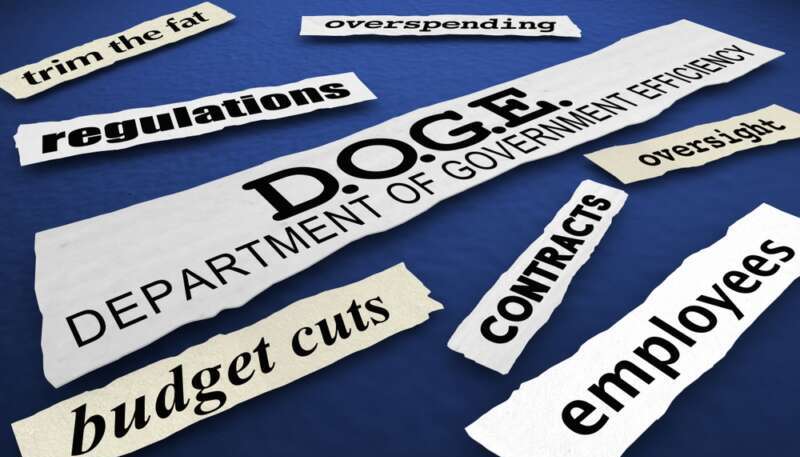
Even as Elon Musk heads out of town, the Department of Government Efficiency (DOGE) will become more institutionalized within Federal agencies going forward, according to Office of Management and Budget (OMB) Director Russell Vought.
Vought, in testimony before a House Appropriations subcommittee on the White House’s fiscal year (FY) 2026 budget request on Wednesday afternoon, fielded concerns from lawmakers over President Donald Trump’s proposed budget cuts, and questions from others on why OMB is slated to receive an increase in funding while other agencies will see their funding drastically cut.
A particular area of interest – from both sides of the aisle – was the future of DOGE, Trump’s agency established through an executive order on the first day of his second administration to root out alleged government fraud and waste while conducting large-scale modernizations efforts across the Federal government.
“I think the vision for DOGE is in addition to having some of the consulting work that they’ve done … is that DOGE would go and be far more institutionalized at the actual agency,” Vought told lawmakers.
DOGE was initially established as part of the former U.S. Digital Service (USDS), which was later renamed the U.S. DOGE Service. While it had previously been overseen by OMB, DOGE was moved out of OMB into the Executive Office of the President as a standalone office reporting to the chief of staff, Vought told lawmakers. He added that “the leadership of DOGE is now much more decentralized.”
“The President has always said, from day one, agency heads are in charge of their departments, and they were benefiting from the consulting that DOGE was doing along the lines, and now that is much more pronounced,” said Vought.
Vought added that the administration was “in the midst of, with the last week or so, of establishing the leadership on an ongoing basis” after Elon Musk announced his semi-exit from the White House and other top DOGE officials, such as Steve Davids who previously led DOGE, also departed the Federal government.
Subcommittee Chair Dave Joyce, R-Ohio, questioned Vought on DOGE’s FY26 budget request, noting that it included a steep increase for the Information Technology Oversight and Reform (ITOR) program – overseen by OMB and the former USDS to fund Federal IT modernization and cybersecurity efforts – and asked for details on the request.
“We put [the funding request] in the ITOR account, because we are still in movement as to where DOGE resides, and the fact that we have opportunities through standard USDS work to do technological work at the agencies,” said Vought.
“So I wouldn’t call it a plug, but we are certainly reflecting the fact that there’s good work to be done, regardless of whether DOGE is fundamentally housed in the EOP or at the agencies long term,” he continued.
The impoundment of funding to Federal agencies – made illegal under the Impoundment Control Act of 1974 which restricts the president’s ability to withhold or delay funding appropriated by Congress – also received attention from lawmakers.
Rep. Rosa DeLauro, D-Conn., ranking member of the full Appropriations Committee, told Vought that moves he oversaw to freeze Federal funding appropriated by Congress to ensure it was being spent in-line with Trump’s agenda were illegal.
“You speak about a tradition in this country, which is a fast fiction, you say over 200 years of presidential empowerment has carried the day for all of you,” said Rep. DeLauro.
“Even in your fake history, almost all the examples that you document demonstrate that presidents have historically only delayed or refused to spend money when it was Congress who gave them the power to do it,” she continued. “You don’t have that authority.”
